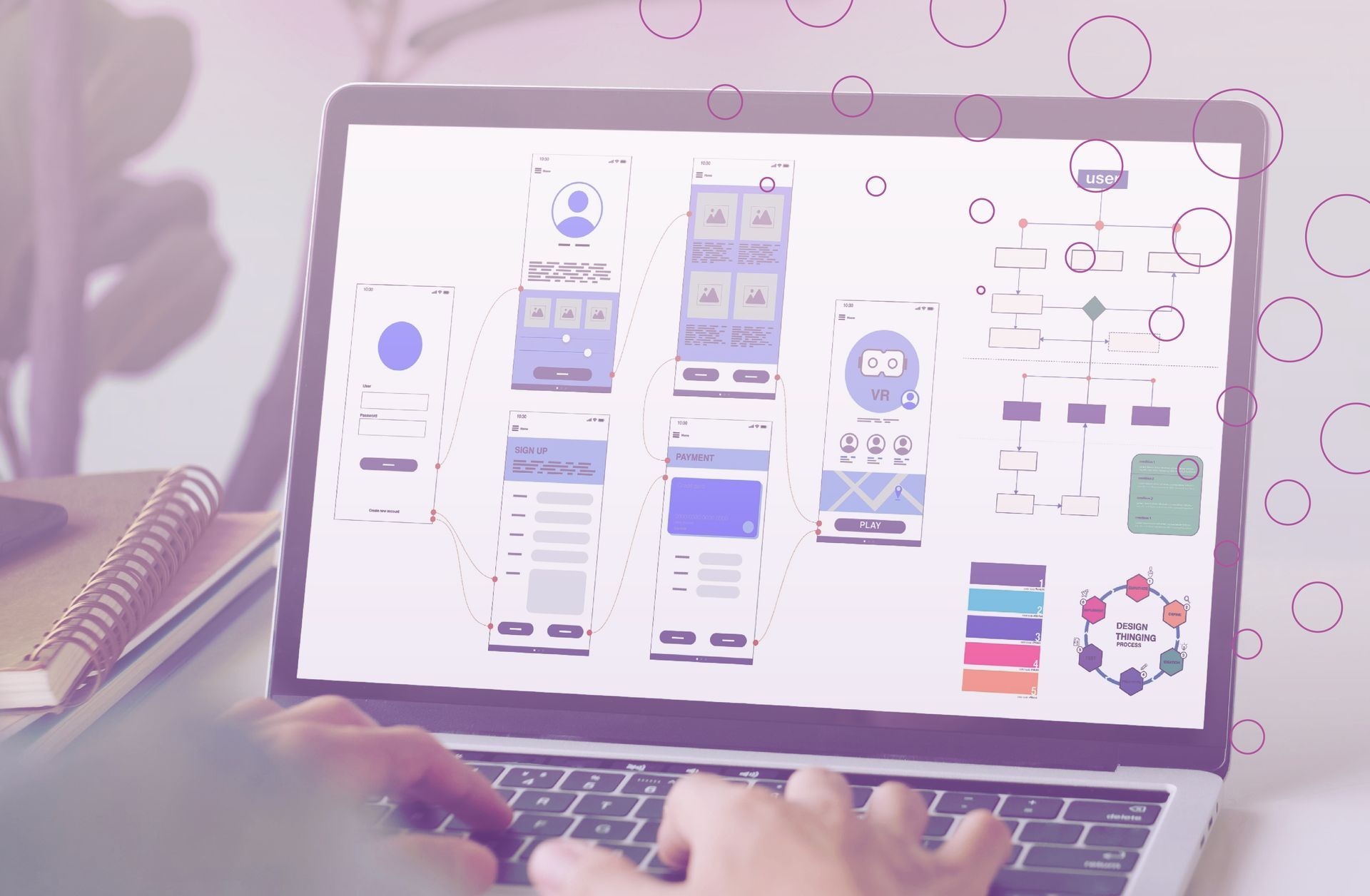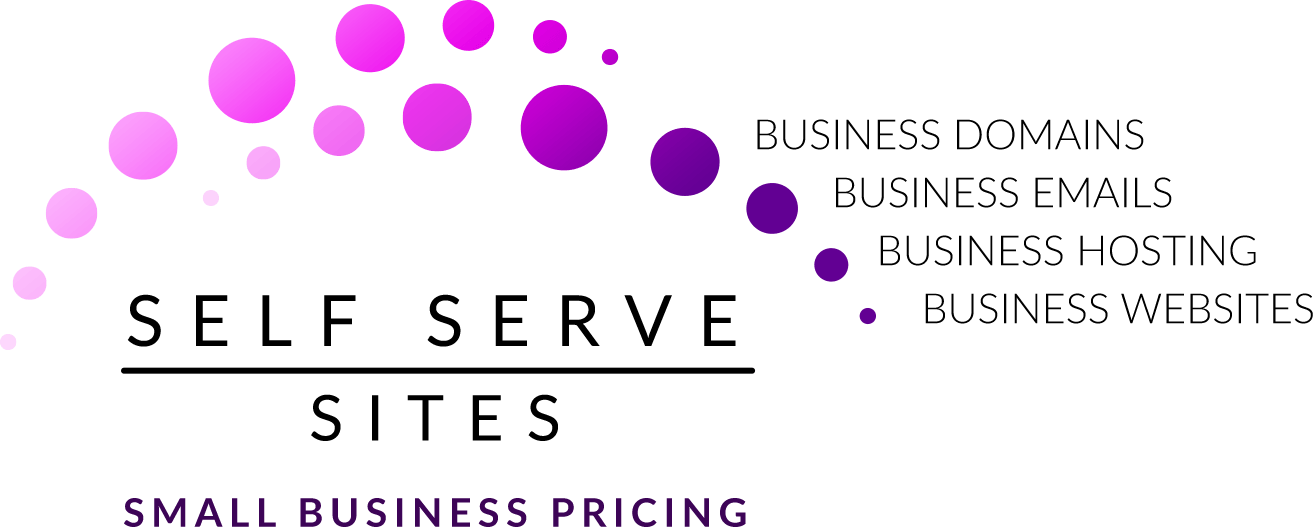The Rise of AI Powered Ecommerce: How Small Businesses Can Leverage It in 2025
Artificial Intelligence (AI) is revolutionising the Ecommerce landscape, and in 2025, it’s poised to become an even bigger asset for Small Businesses. AI-driven tools that were once accessible only to large corporations are now more affordable and user-friendly, allowing Small Businesses to compete on a larger scale.
The integration of AI in Ecommerce has opened up new opportunities for Small Businesses to improve efficiency, customer engagement, and overall growth. That's why we want to explore the role of AI in Ecommerce and how Small Businesses can leverage it to stay competitive in 2025.
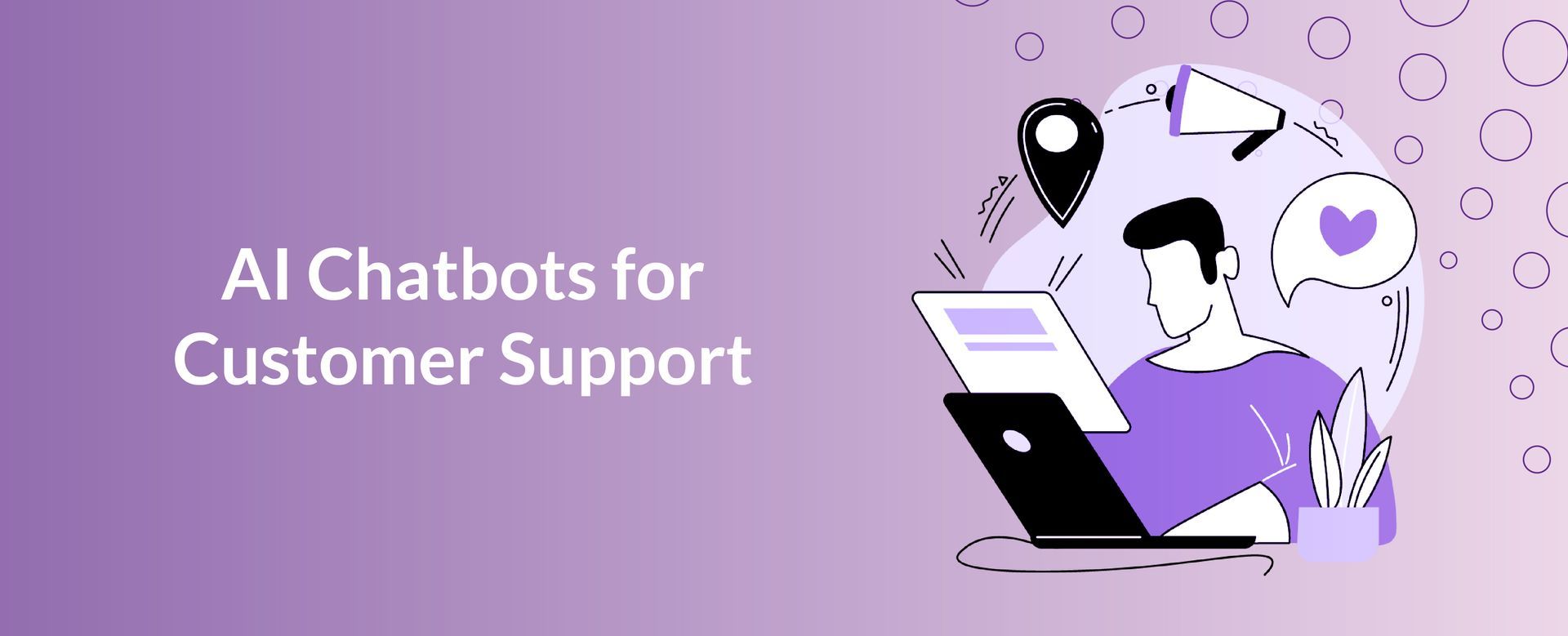
AI Chatbots for Customer Support
AI chatbots have evolved significantly in recent years. In 2025, they’ll become a standard feature for Online Stores. These bots provide instant responses to Customer inquiries, from answering FAQs to assisting with purchases. For Small Businesses, this means offering 24/7 Customer support without the need for a large Customer service team.
Chatbots also learn from Customer interactions, becoming smarter over time and delivering increasingly personalised experiences. As a result, Small Businesses can provide better Customer service and increase Customer satisfaction, leading to repeat business and positive reviews. What's not to like about that!

Dynamic Pricing Models
AI enables Small Businesses to implement dynamic pricing strategies that adjust product prices based on demand, competitor pricing, and market trends. This can help you remain competitive while maximising profits.
For example, during peak seasons, AI can identify opportunities to raise prices slightly, while during slower periods, it can automatically offer discounts to drive sales.
With AI powered Ecommerce dynamic pricing, Small Businesses can stay ahead of the curve and remain competitive in an ever-changing market.
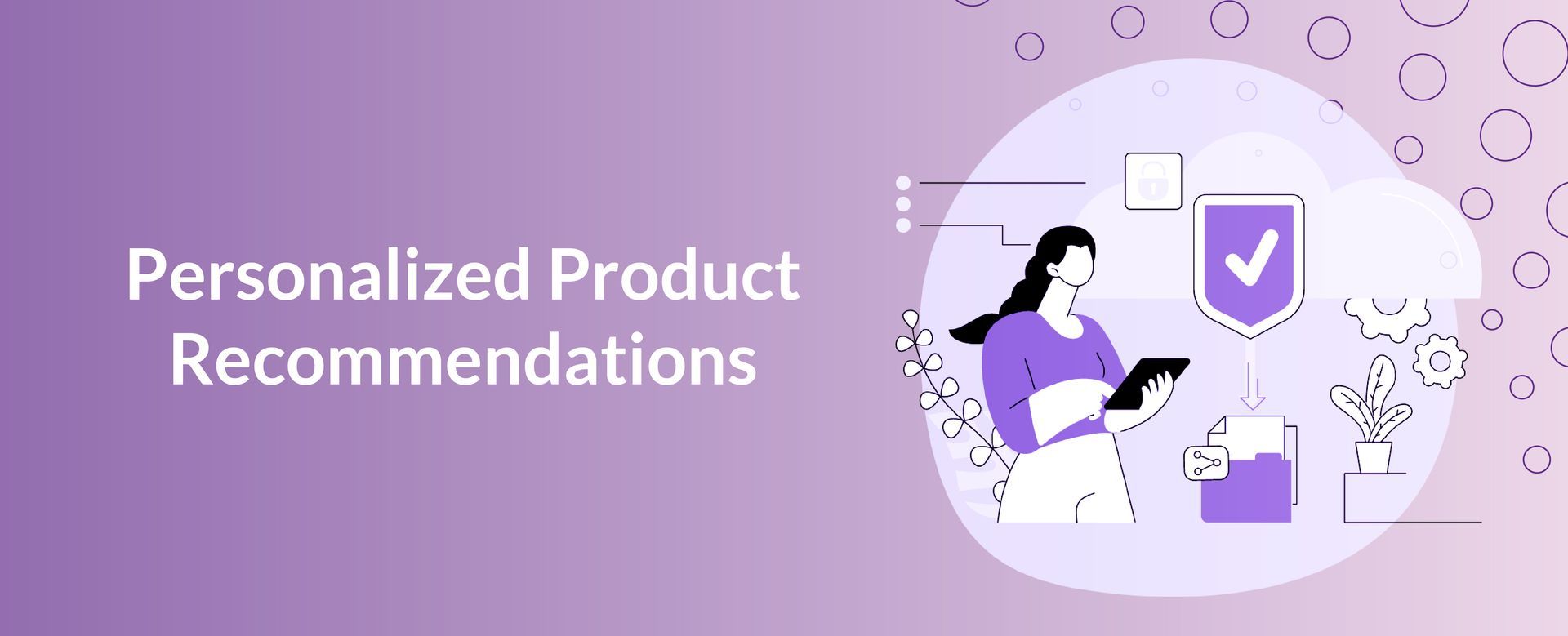
Personalized Product Recommendations
AI excels at analysing Customer data and behaviour to offer tailored product recommendations. If a Customer has previously purchased running shoes, your Ecommerce platform could suggest complementary items like socks or water bottles through ways such as AI powered search. These personalised recommendations boost sales and create a more engaging shopping experience. In 2025, AI will take this to the next level by incorporating real-time data such as weather or location to make even more accurate product suggestions.
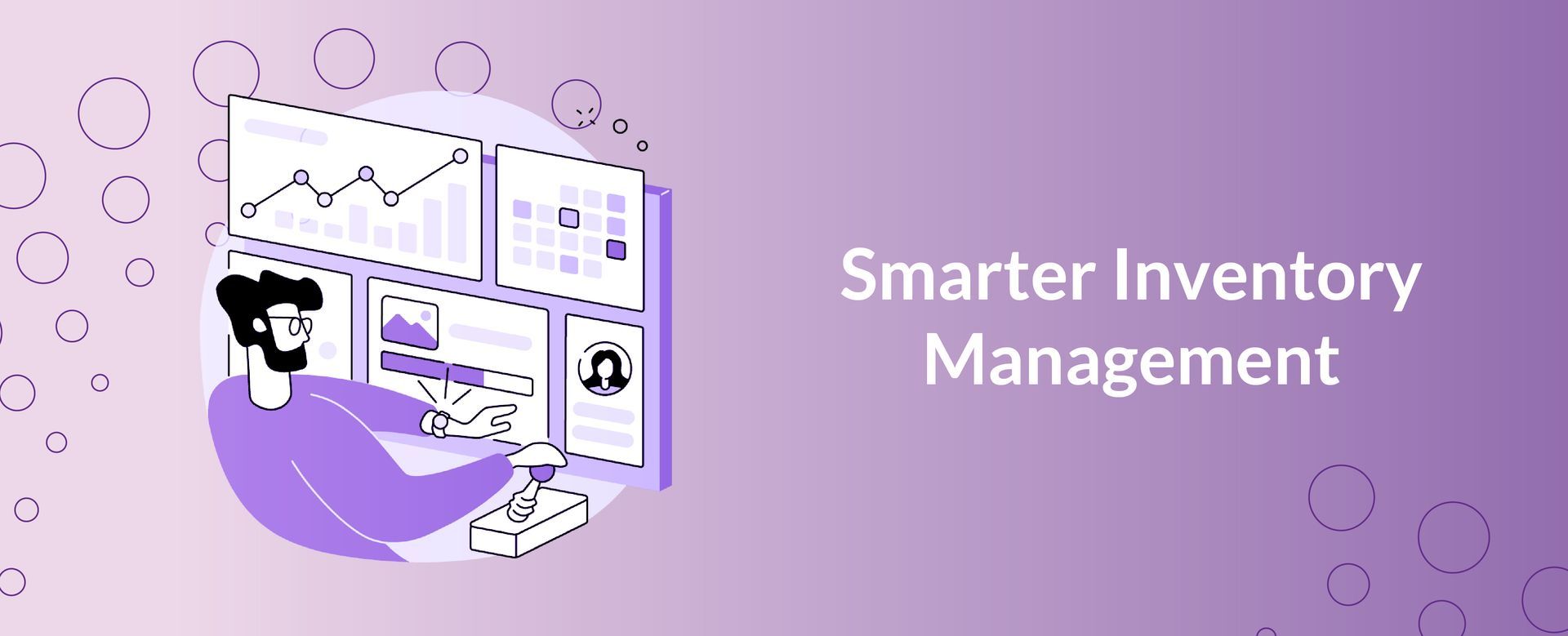
Smarter Inventory Management
Managing inventory is a challenge for many Small Businesses. AI tools can predict demand trends, helping you optimise stock levels and avoid overstocking or under stocking. This not only saves money but also ensures your Customers always find what they’re looking for.
Additionally, AI can help identify which products are more likely to sell, allowing Small Businesses to focus their efforts on the most profitable items. Pretty neat huh?

Enhanced Fraud Detection
Cybersecurity is a growing concern in Ecommerce. AI-powered fraud detection systems monitor transactions in real time, identifying unusual patterns and flagging potential threats. This provides peace of mind for both businesses and Customers, protecting sensitive information and financial data.
AI-powered tools are no longer a luxury; they’re a necessity for Small Businesses looking to thrive in Ecommerce. From personalized Customer experiences to smarter inventory management and fraud prevention, AI can streamline operations and drive growth. By adopting AI in 2025, Small Businesses can level the playing field and unlock new opportunities for success.









